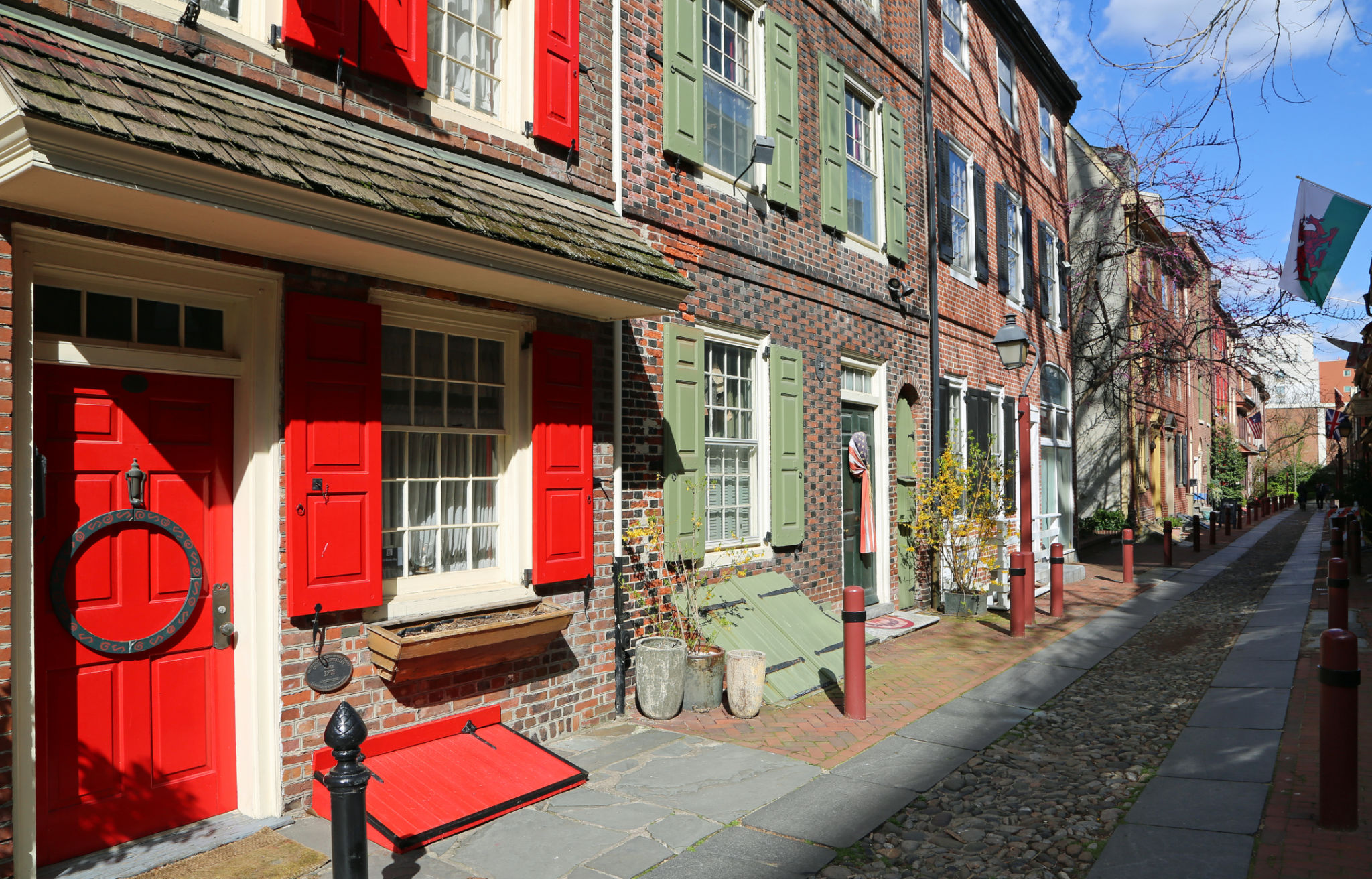Understanding the Cost of Renovating a House in Philly: A Detailed Breakdown
NC
Introduction to Renovation Costs in Philadelphia
Renovating a house in Philadelphia can be an exciting venture, whether you're updating a historic row home or modernizing a suburban dwelling. However, understanding the costs involved is crucial for effective planning and budget management. This guide will walk you through the various factors that influence renovation expenses in Philly.

Factors Influencing Renovation Costs
Several factors can impact the cost of a home renovation. These include the size of the project, the materials chosen, labor costs, and any unexpected complications that may arise during the renovation process. It's important to consider each of these elements to get a comprehensive view of potential expenses.
Project Size and Scope
The scale of your renovation project is one of the most significant determinants of cost. A simple kitchen update will likely be less expensive than a full-home remodel. To manage costs effectively, prioritize your needs and focus on areas that will provide the most significant value.
Material Selection
The materials you select can greatly influence your budget. High-end finishes and custom-built items will increase costs, whereas more economical options can help keep your budget in check. It's essential to balance quality and cost to ensure long-term satisfaction with your renovations.

Labor Costs in Philadelphia
Labor is a substantial component of renovation expenses. In Philadelphia, the cost of hiring skilled professionals can vary based on experience and specialization. It's wise to obtain multiple quotes from contractors to ensure you're getting a fair price while considering their reputation and previous work quality.
Permits and Regulations
In Philly, like many other cities, certain renovations require permits and must comply with local building codes. These requirements can add to your overall costs, so it's important to understand what is needed for your specific project. Consulting with local authorities or experienced contractors can provide clarity on these matters.

Unexpected Costs and Contingencies
No matter how well you plan, unexpected issues may arise during a renovation. Whether it's outdated wiring or hidden water damage, these surprises can quickly inflate your budget. It's advisable to set aside a contingency fund—typically 10-20% of your total budget—to cover unforeseen expenses.
Financing Your Renovation
Consider how you'll finance your renovation project. Options include personal savings, home equity loans, or financing through a renovation loan. Each option has its pros and cons, so it's important to evaluate them based on your financial situation and goals.

Conclusion: Planning for Success
Understanding the various components that contribute to the cost of renovating a house in Philadelphia can help you budget effectively and avoid financial pitfalls. By considering factors such as project scope, material selection, labor costs, and potential setbacks, you can embark on your renovation journey with confidence and clarity.